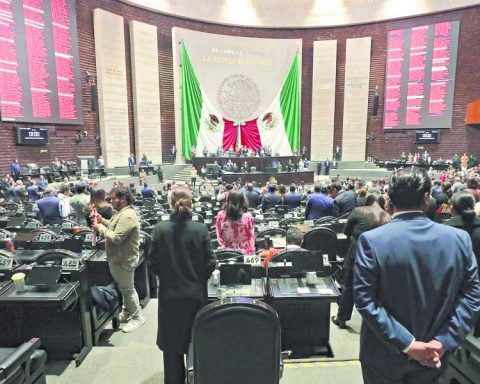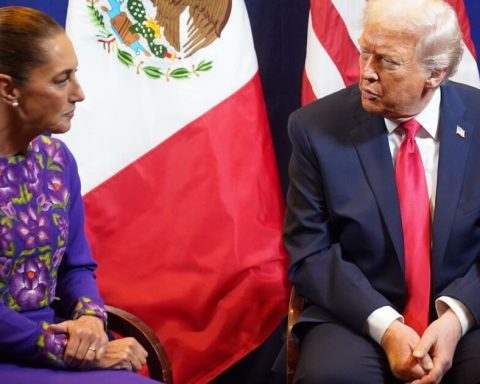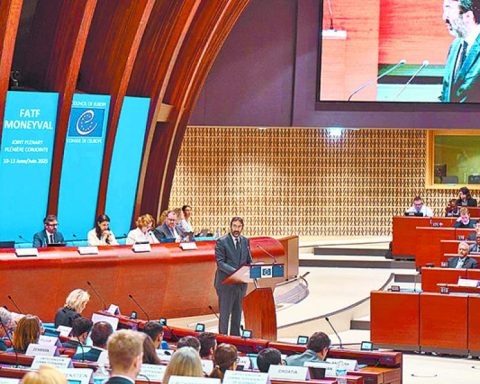D.
and be serious the environmental commitments of decarbonize
electricity generation, the United States and Canada should implement mechanisms similar to those provided for in the modification presented by Andrés Manuel López Obrador and approved by Congress in February 2021 to the Electricity Industry Law and thus resolve the consultations of the Treaty between Mexico , United States and Canada (T-MEC). Fundamentalists have objected to this change, saying it is contrary to clean energy. They are, once again, totally wrong. Let’s see why.
The first modification to the law that was attacked by fundamentalism was to use unit costs (total, fixed + variable) instead of marginal costs (only operating variables) to decide the order of energy that is injected into the network. . Fundamentalists argued that the change would hurt clean energy, shows that they do not understand anything
they said.
In September 2022, neither more nor less than the International Renewable Energy Agency (IRENA) published a study (http://bit.ly/3VftmKL) in which he says that using marginal costs generates significant barriers to the energy transition and sociopolitical instability, encourages generation with fossil energy and does not promote new generation with clean energy. In this study, long-term contracts are advocated that allow full cost recovery, that is, based on unit costs.
The second was regarding the clean energy certificates, since it was said that modifying them in the slightest would make them stop working. The reality is that these schemes have failed on all their promises. They do not encourage the construction of new power plants clean
and cause emissions reductions to be overestimated by up to 30 percent. This is according to the study published by the journal Nature (http://bit.ly/3Xjw1oC) in June this year.
The third modification was the hedging contracts with physical delivery commitment (EF). These will force generating plants to comply with a calendar and schedule for energy delivery (like any supplier in any industry). Imagine that you have a tortilla shop and your supplier tells you that he cannot guarantee the quantity or the time in which he will deliver the flour, but that sometimes more or less than what is required per day will arrive. Obtaining what is missing or storing (with the additional costs that this entails) what is left over is up to you, but in the year you can almost certainly give it an amount (+–10 percent). No one in their right mind would accept that deal, because that is the agreement they forced the Federal Electricity Commission to make. EFs have been heavily criticized, but now, a very large group of companies, based on a study by the University of Berlin and funded by Google (http://bit.ly/3XpcIu0) advocate that a similar system be imposed in Europe.
Once again fundamentalism was wrong.
Twitter: @aloyub

















